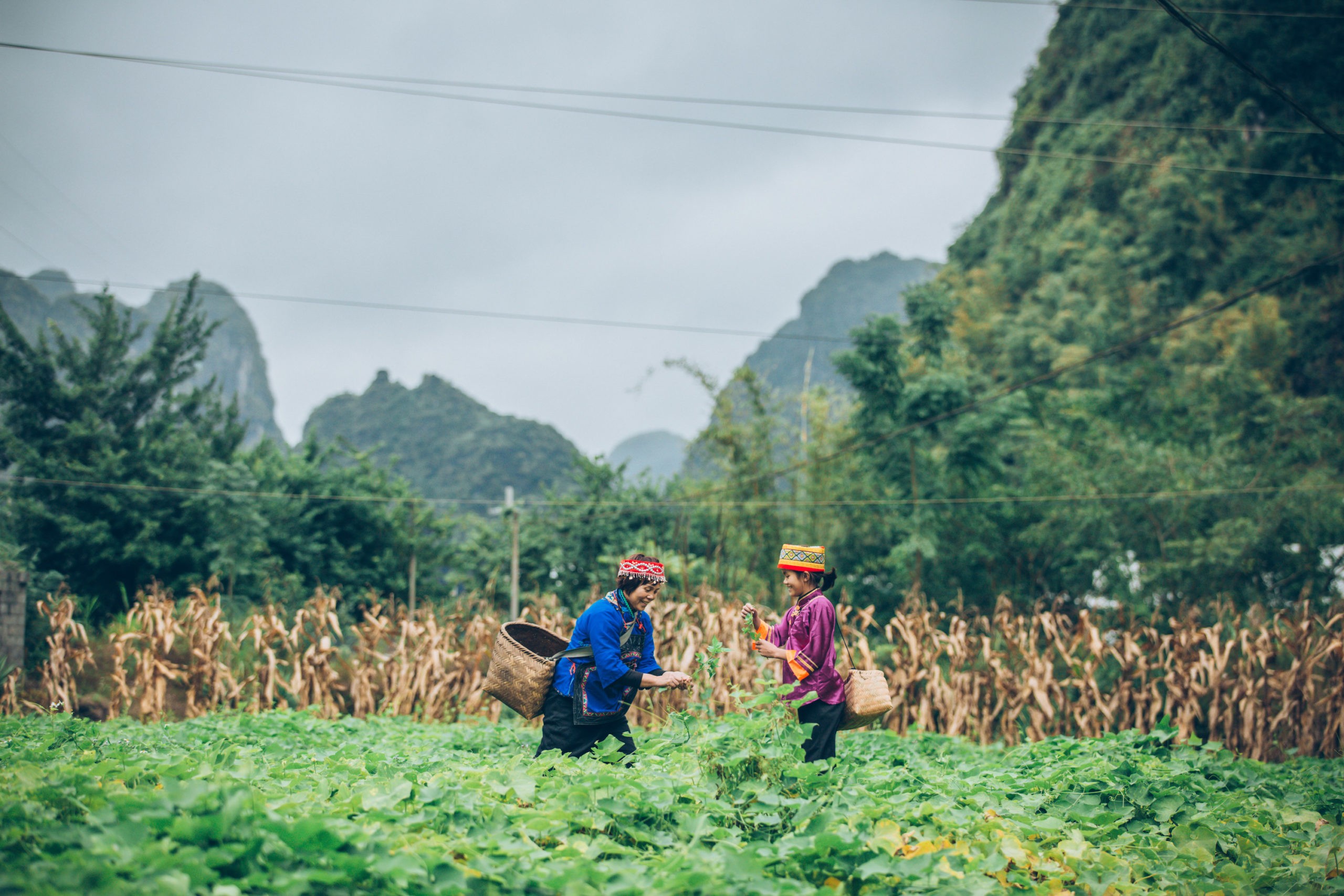China’s economic growth has significantly reduced poverty, yet challenges remain, particularly for 30 million people in impoverished mountainous areas. These regions, often inhabited by minority ethnic groups, face unique agricultural challenges. China’s 240 million smallholder farmers, working on average holdings of just 0.6 hectares, are particularly vulnerable to environmental issues and climate change. This makes sustainable development (SD) initiatives crucial in these areas.
 alt
alt
Supporting Vulnerable Communities Through China SD Initiatives
Women, children, and the elderly constitute a majority of the rural poor, as working-age men often migrate to urban centers for work. Women represent 60% of the agricultural workforce, but the gender income gap in rural areas is widening. This disparity limits their access to resources, markets, and technical services necessary to adapt to climate change. In remote mountainous areas, these challenges are amplified. Pesticide use further exacerbates health and environmental concerns. China Sd programs aim to address these complex issues.
Implementing Sustainable Agriculture Practices in China
A key focus of China SD is supporting smallholder farmers in mountainous and climate-change-affected regions. These areas, often characterized by high poverty rates, possess invaluable biocultural knowledge. Projects focusing on staple crops like maize, rice, soybeans, millet, potatoes, and various vegetables are being implemented in pilot communities across southwestern, southeastern, and northern China. The Farmer Field School approach is utilized to empower smallholders, especially women, to enhance their food security and livelihoods.
Empowering Women and Youth in Rural China
China SD initiatives prioritize a gender-sensitive approach, promoting women’s empowerment at the community level. Existing models engaging youth in establishing organic seed enterprises are leveraged. Collaborating with women-led seed groups and associations, these programs connect formal and informal seed systems. This includes piloting farmer seed enterprises in diverse cropping systems and agro-ecosystems. Capacity building for smallholder and indigenous farmers strengthens their ability to influence policies related to Farmers’ Rights and plant genetic resources, ensuring effective implementation of laws protecting farmers’ seed rights.
Collaboration for Sustainable Development in China
The Centre for Chinese Agricultural Policy (CCAP) and the Farmers’ Seed Network (FSN) are key partners in implementing China SD initiatives. CCAP brings over two decades of experience in participatory plant breeding, agro-ecological food production, and policy development. FSN, an action research network operating at the grassroots level, influences policy through collaboration with scientists and researchers. Their combined expertise has significantly impacted seed law revisions, favoring small farmers’ rights to save, exchange, and sell seeds. FSN’s work spans over 40 rural communities in 10 provinces, focusing on preserving farmers’ and plant breeders’ rights, supporting community-based seed conservation, and fostering collaboration between farmers and scientists. This collaborative approach strengthens farmer seed systems, improves livelihoods, enhances dignity, and promotes national seed security. These efforts are vital for sustainable development in China’s mountainous regions.
Conclusion: The Future of China SD
China’s commitment to sustainable development in its mountainous regions is crucial for poverty reduction and environmental protection. By empowering smallholder farmers, particularly women, and promoting sustainable agricultural practices, China is working towards a future where economic growth and environmental stewardship go hand in hand. The collaborative efforts of organizations like CCAP and FSN are instrumental in achieving these goals and ensuring long-term food security and improved livelihoods for vulnerable communities.

